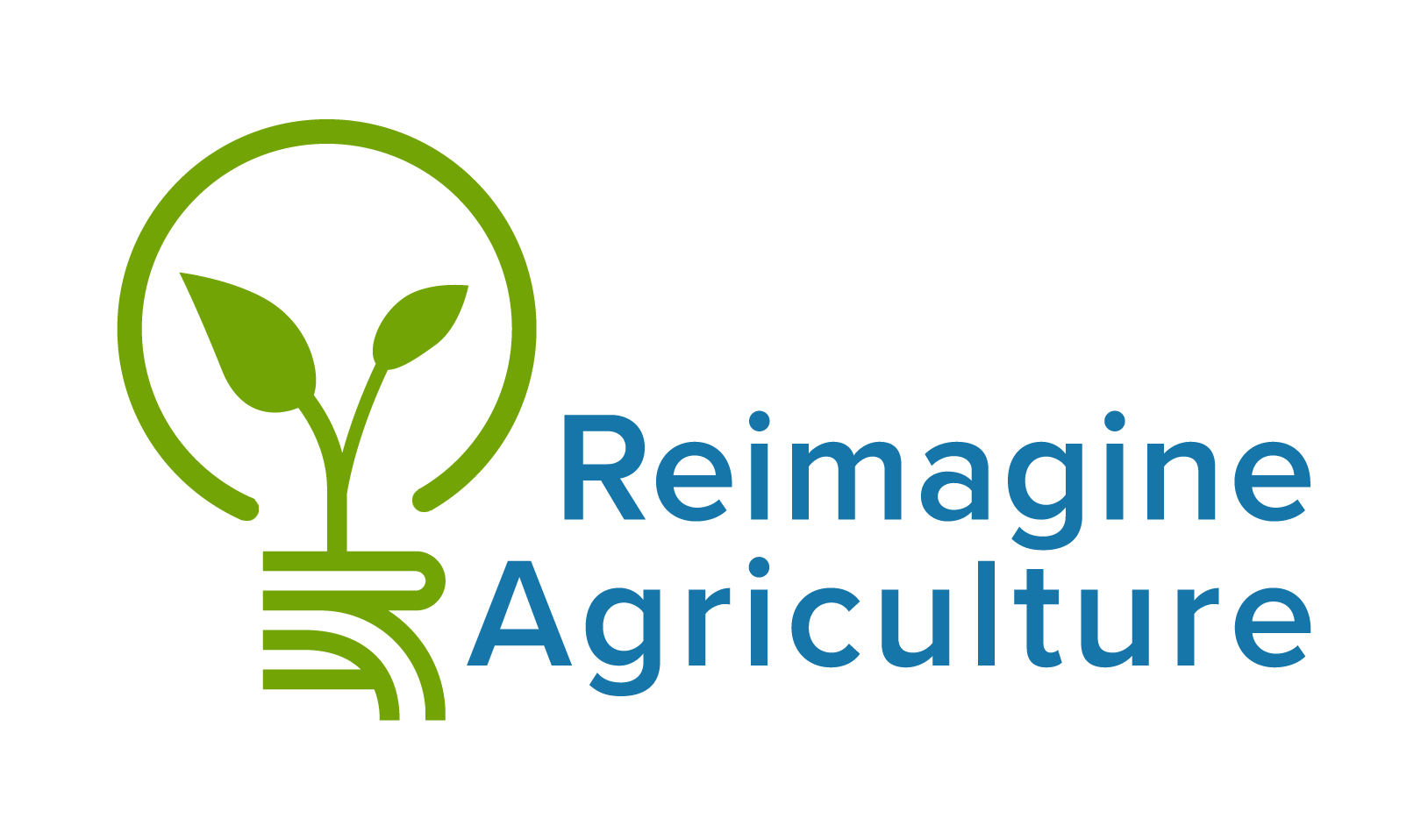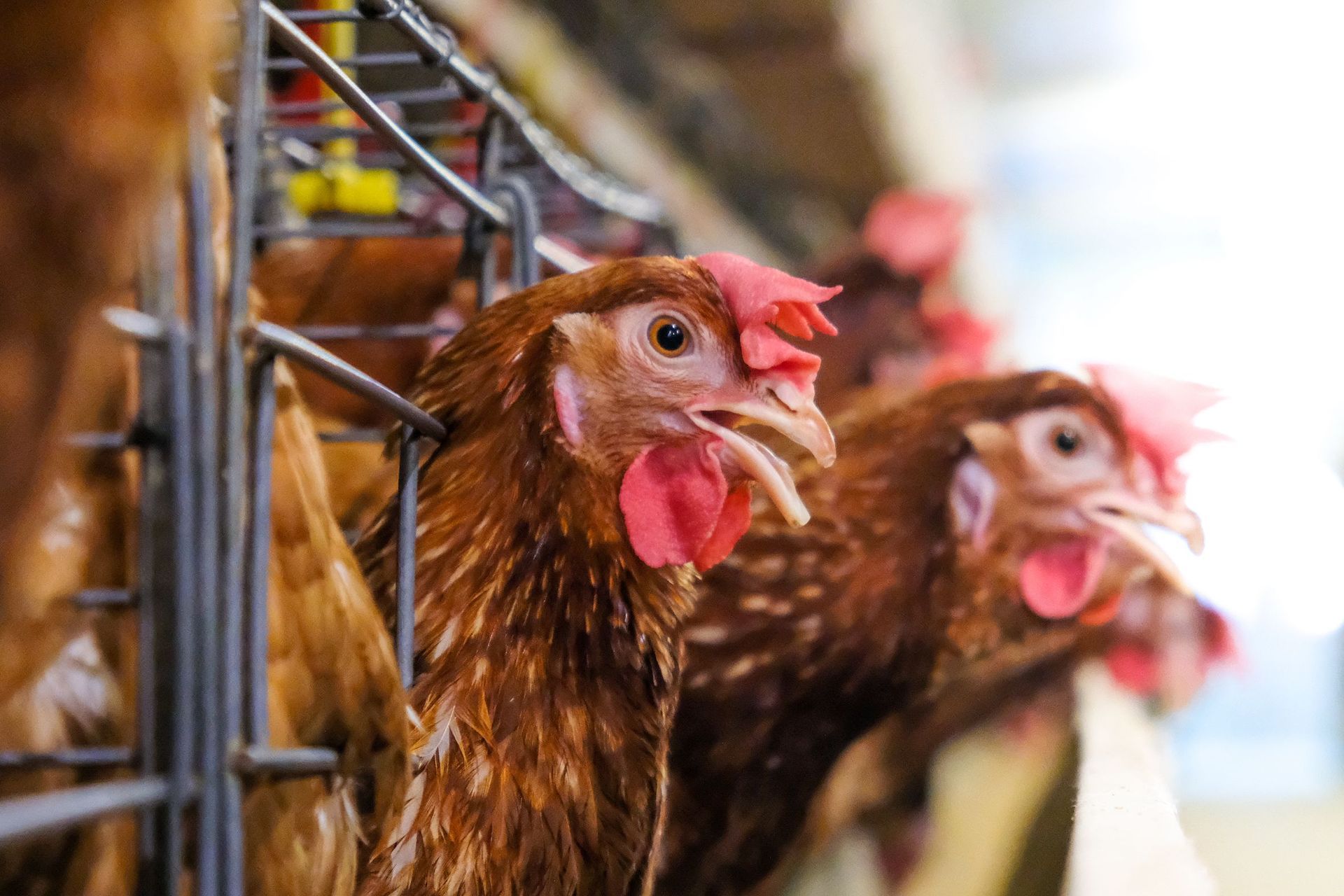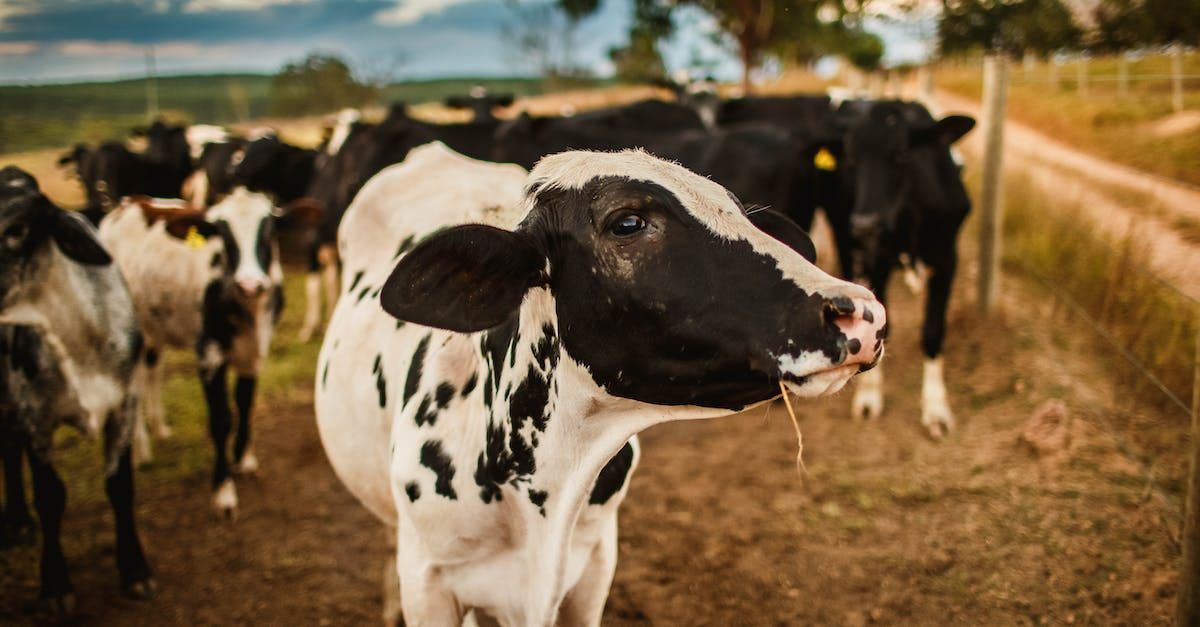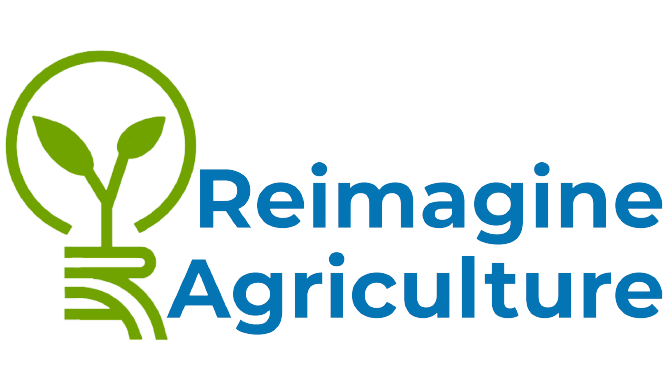Plant-Based Alternatives
September 4, 2020
Meat Alternatives are Here to Stay

Written by: Reimagine Agriculture
But you may be thinking… 5 years ago, we were putting bacon on everything, so isn’t this just another food fad? We think you’ll find that the answer is no. The pros of producing and consuming plant-based alternatives often outweigh the cons, and recent investments in this space suggest that plant protein is here for the long-haul.
The basics: Defining the terms
- Plant-based: Proteins that come from plants, rather than animals, including foods such as nuts, seeds, tofu, beans, and lentils.
- Vegan: A diet that is entirely plant-based. A vegan diet does not include fish, meat or animal by-products such as dairy, eggs, and honey.
- Vegetarian: A diet that is plant-based. This sort of diet excludes meat and fish but may include animal by-products such as butter and eggs.
- Flexitarian: A flexible diet that is generally less animal-protein intensive, but sometimes includes meat, fish, eggs, and dairy.
Why choose plant-based alternatives?
Food consumption is often personal, and every decision regarding food consumption is often laden with a myriad of considerations. You may talk to someone who chose a vegan lifestyle because of health reasons – while another might have been motivated by environmental considerations or the ethics of animal agriculture. Let’s explore some of these a little further.
Health: Conventional meats and animal by-products are often high in cholesterol, saturated fats, and sodium (especially processed meats) which can lead to health issues such as heart disease and obesity. Accordingly, Health Canada
has changed its dietary advice to recommend specific types of protein to meet nutritional needs – including plant-based alternatives, lean meats, and fish. The new Canadian Food Guide website even includes a section on how to incorporate more plant-based proteins and recommends incorporating meatless meals into the standard Canadian diet.
In addition, there are other health considerations associated with eating animal products, including exposure to unnecessary antibiotics (which can cause antibiotic resistance in your body), as well food-borne illnesses, such as E. coli and Salmonella. In fact, every year, 1 in 8 Canadians are affected by food-borne illness.
Environment: The planetary food system is a major driver of current environmental crises – including the climate emergency. Dietary changes to plant-based alternatives can help to improve environmental impacts associated with the food system – and help to ensure that we do not exceed Earth’s planetary boundaries
– a framework that looks at the stability and resilience of the Earth system. While a shift in diets alone cannot remedy the environmental crises unfolding around the globe, a shift to more plant-based food consumption can help alleviate these pressures.
There is a ton of information out there related to plant-based alternatives. We encourage you to explore further, to ask questions, and to try incorporating more plant-based options in your diet. Habits are undeniably difficult to break – but you may be surprised by the positive results associated with incremental changes in your food consumption. After all, plant-based alternatives aren’t just a fad. Recent funding for technology and innovation
to satisfy the growing market for plant-based meat alternatives in Canada, combined with the growing alternative food landscape
suggest that plant-based alternatives are here for the long haul.
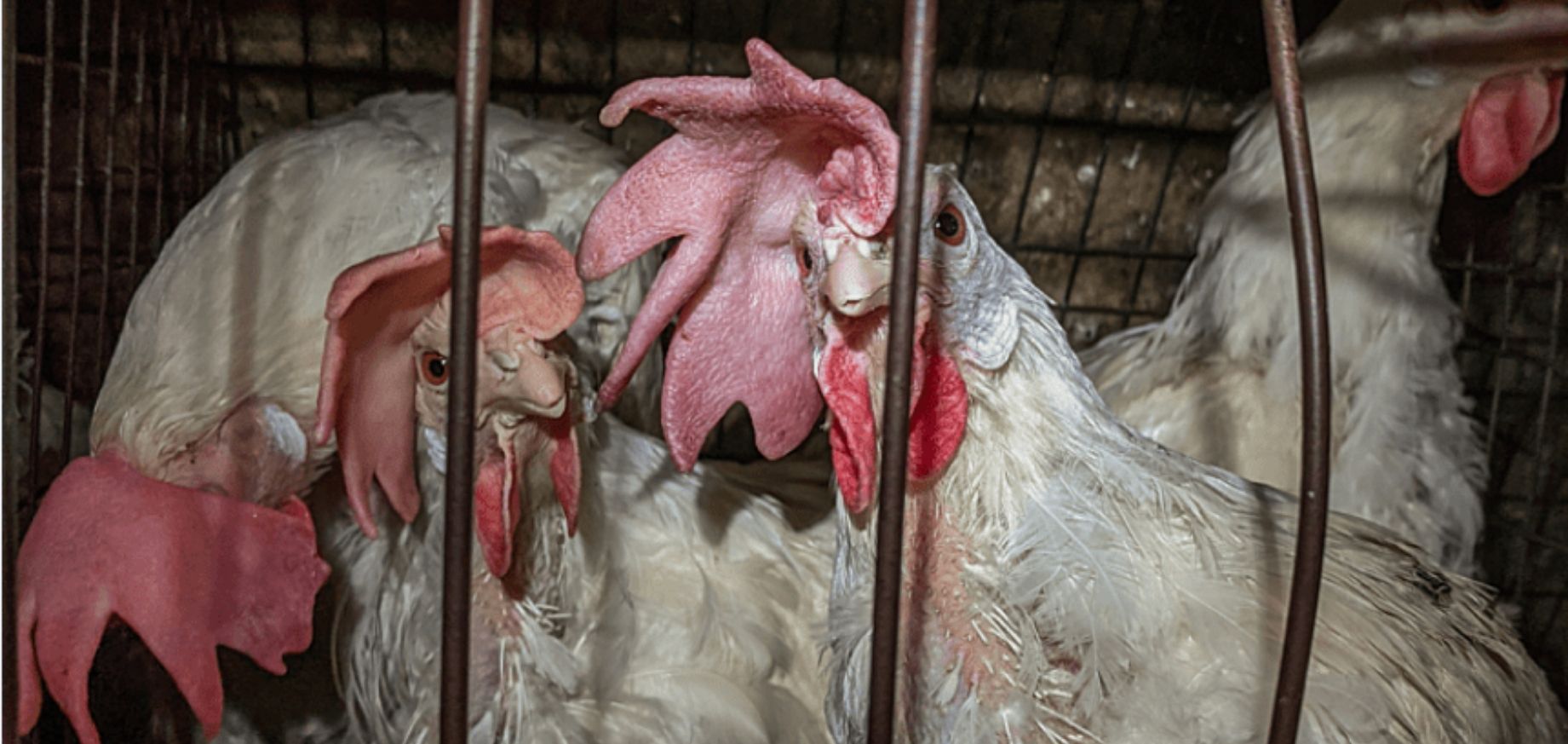
Originally posted on Mercy For Animals' web blog . I am grateful for Mercy For Animals’ work in highlighting the unacceptable lack of progress in cage-free hens in Canada, as outlined in their new report, Beyond the Commitment: Evaluating Cage-Free Progress Across the Canadian Retail Sector . As the report demonstrates, Canada’s percentage of cage-free hens (20%) lags behind global standards, including those of the US (45%), Australia (62%), and the EU (82%). This failure to meet the most basic standards of the agricultural industry highlights the lack of governance and transparency in Canada’s food system. The reality is that there are no federal standards for farm animal welfare. To quote a former farm worker, “You don’t need to be an animal advocate to believe in cage-free hens”. It is clear to any typical individual who visits these operations that caged hens are unacceptable. It is not a matter of if, but when cage-free hens become required by law. The agricultural industry can do itself a favour by taking steps forward and becoming a leader, rather than watching itself lose the trust of consumers and face greater regulation at a far higher cost. Allison Penner is the Executive Director of Reimagine Agriculture . She drives collaborative solutions to key challenges in Canada’s food system, focusing on food tech, cultivated meat, food waste reduction, and plant-based food systems through policy development, public education, and media commentary on a forward-thinking agricultural future.
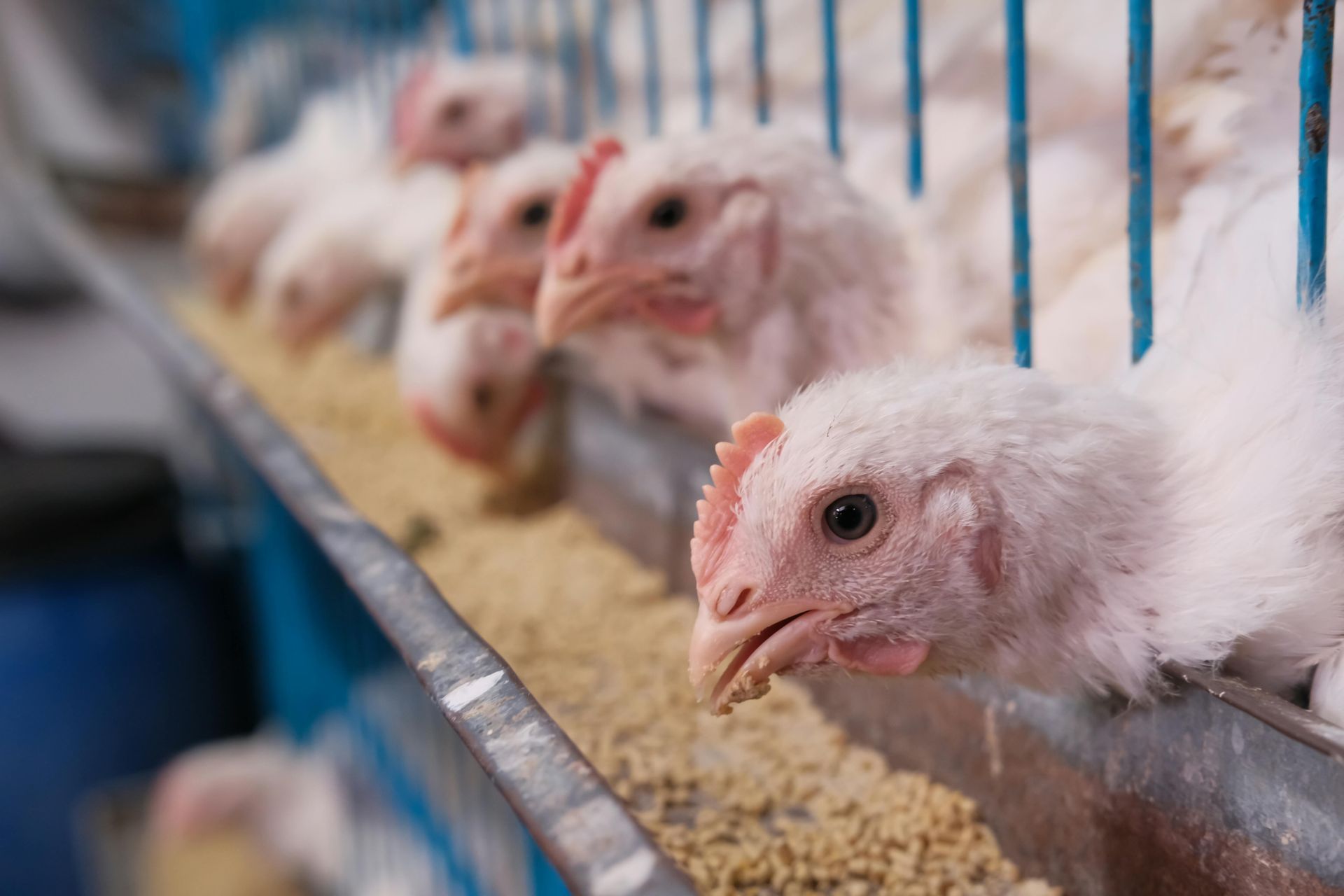
The 2024 Canada Animal Welfare Scorecard evaluated animal welfare commitments and transparency across 40 leading Canadian food companies. Focusing on cage-free eggs, gestation-crate-free pork, and adherence to Better Chicken Commitment (BCC) standards, the report uncovers serious gaps in transparency, industry-wide “humanewashing,” and persistent animal welfare issues. Here’s a breakdown of the most troubling findings. 1. Lack of Transparency in Major Retailers and Foodservice Providers Walmart Canada, Calgary Co-op, and Federated Co-operatives have demonstrated minimal transparency, failing to publish updates or roadmaps on their animal welfare commitments. Walmart Canada is the only top-five retailer in Canada not reporting any progress on welfare practices, despite publishing incremental updates in the U.S. Meanwhile, Calgary Co-op still lacks any published policies or progress toward ending confinement for hens and pigs, despite its members’ vote to support humane conditions over a decade ago. 2. Misleading Industry Claims and "Humanewashing" Tactics A major issue facing Canadian consumers is the widespread “humanewashing” in the food industry, where companies use misleading labels and terminology to suggest higher animal welfare standards than actually practiced. Companies like Burnbrae Farms label their eggs as “Nestlaid,” implying cage-free conditions, which leads nearly half of surveyed consumers to mistakenly believe these eggs come from open barns. Industry groups, including Chicken Farmers of Canada , amplify this confusion by using terms like “family farms” to evoke images of small, humane operations, even when products are sourced from intensive confinement systems. Rather than improving actual welfare standards, these organizations invest heavily in shaping public opinion through corporate responsibility reports and marketing campaigns, leaving consumers misinformed about the true conditions behind their food. 3. The Crisis of "Frankenchickens" in Poultry Production The Canadian poultry industry’s use of ultrafast-growing birds, often termed “Frankenchickens,” remains a primary welfare issue. These birds are bred to grow four times faster than chickens in the 1950s, resulting in painful health problems and limiting their ability to move or access food and water. Although companies have pledged to stop using these breeds by 2026, few have shown significant action on this front. Major Canadian poultry producers continue to use these breeds, creating severe welfare implications. 4. Continued Use of Gestation Crates for Pigs Gestation crates remain the norm across Canadian pork production, confining mother pigs in cramped stalls that prevent them from turning around. Some progress is evident, with companies like Costco and Starbucks Canada reporting steps toward group housing. However, Walmart Canada and Federated Co-operatives have not published policies or progress. While the industry timeline for complete phase-out stretches to 2029, these companies have yet to implement meaningful welfare improvements, prolonging extreme confinement for Canada’s 1.2 million breeding sows. 5. Slow Progress in the Shift to Cage-Free Eggs Despite growing opposition to cage confinement from Canadian consumers, the Canadian egg industry continues to invest in “enriched” cage systems that offer only minor improvements over conventional battery cages. Companies like Metro and Sobeys committed to sourcing cage-free eggs but report slow progress across their supply chains, while Calgary Co-op has yet to report any steps forward. Globally, over 2,600 companies have committed to eliminating cages, but Canada falls behind due to its reliance on slightly modified cage systems. Moving Forward: Accountability and Clear Roadmaps Required Companies need transparent roadmaps, annual goals, and consistent reporting to keep pace with rising consumer and investor expectations. Brands such as A&W Canada, Aramark, and Panago Pizza have set strong examples, publishing BCC-compliant policies and reporting progress, proving tangible progress is achievable. However, for others, a significant gapremains between public promises and the welfare practices in their supply chains.
